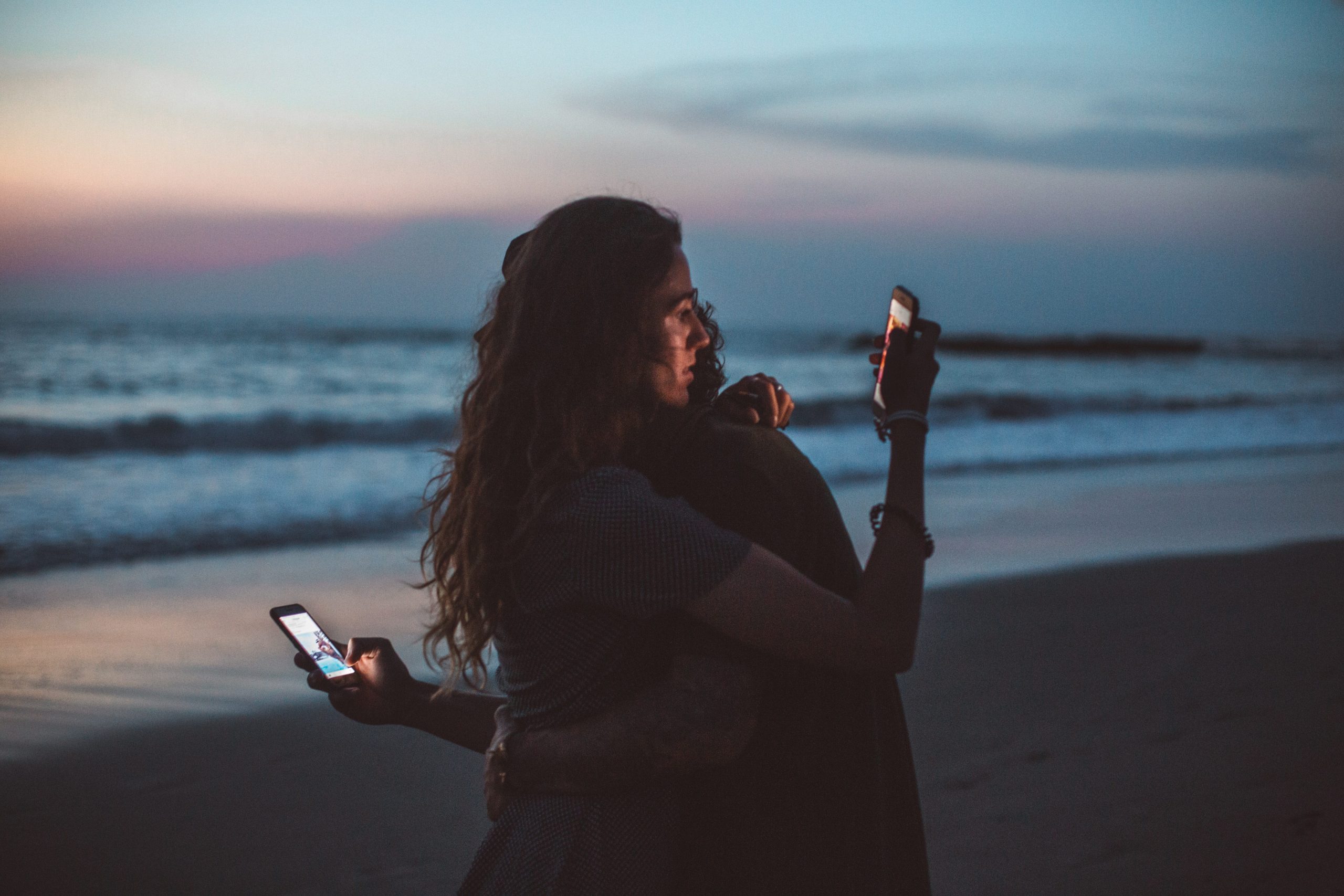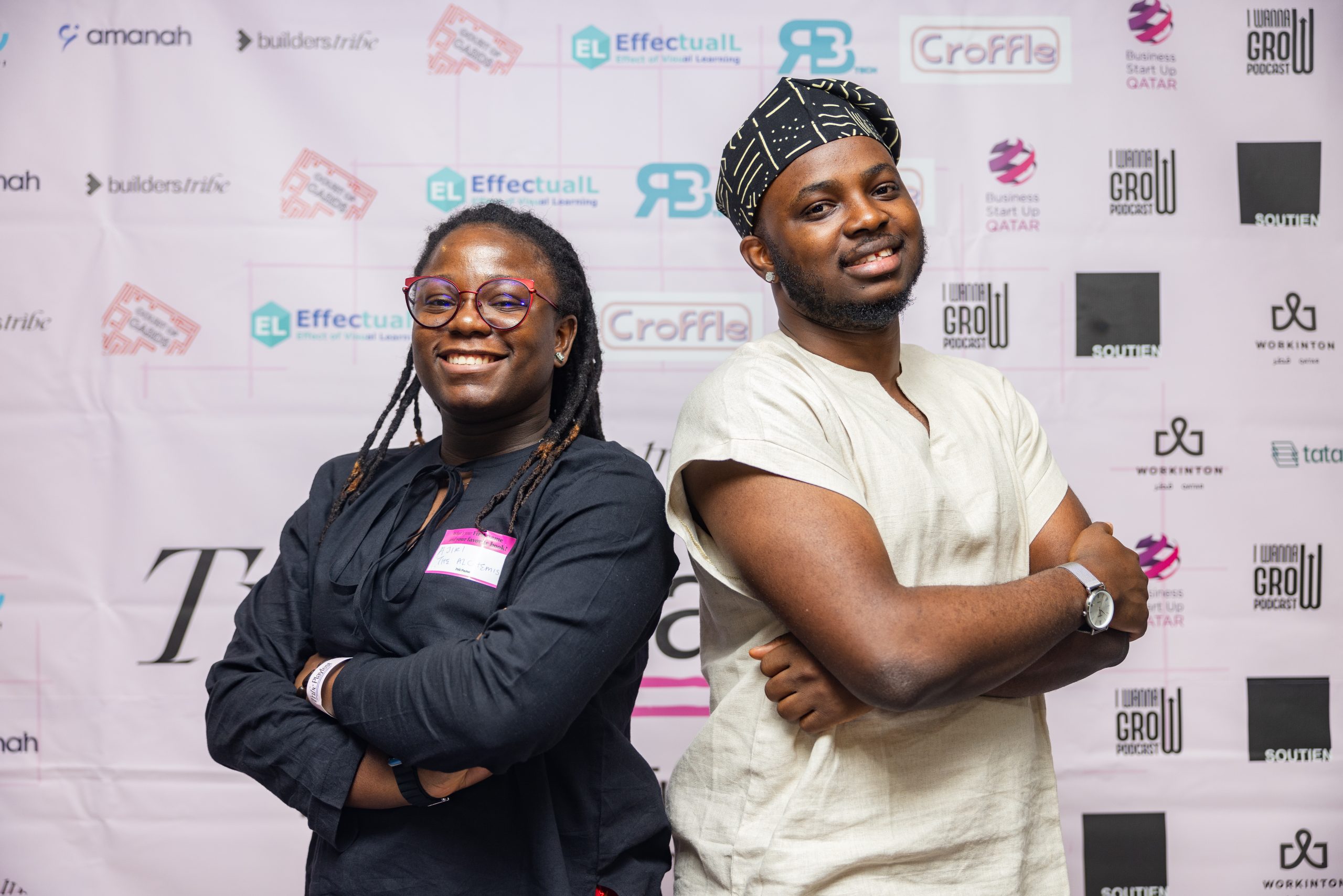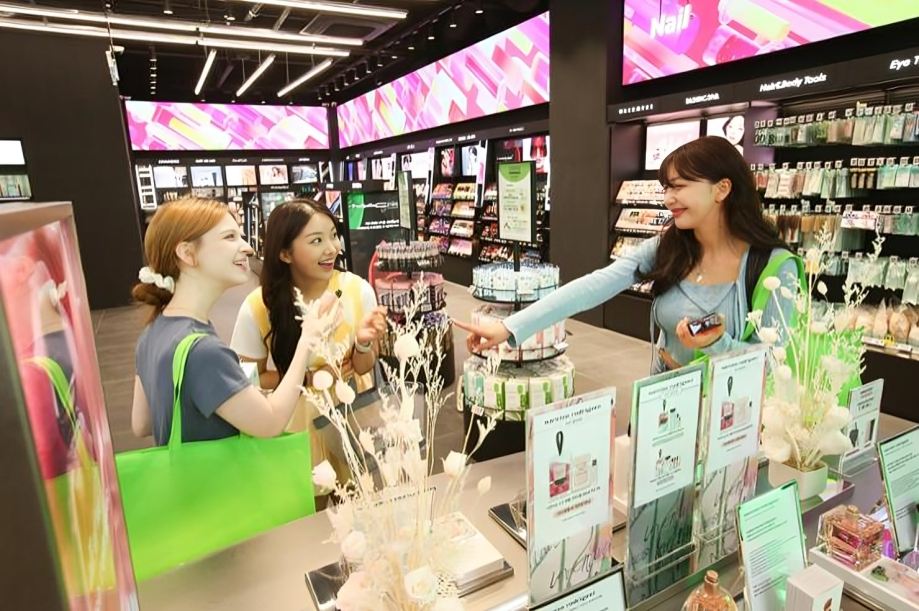The average time spent on social media has been on the rise for years. Combined with a global pandemic, this rise has leaped even further this year with screen time going from being considered harmful, to a basic survival tool in an era of social distancing and lockdown.
Within the first month of lockdown, US internet provider Comcast, reported a 60 percent increase in network traffic across various regions. According to another source (OpenVault’s Broadband Insights report), the first quarter of 2020 saw a 47 percent increase in broadband consumption over the past year.
More screen time means, perhaps inevitably, more time on social media, with the average person spending 3 hours per day on social media platforms in 2020, an increase from an average of 2 hours and 22 minutes in 2019.
From Zoom weddings, to online fitness classes, gatherings on video-conference apps and telemedicine checkups with our doctors – we are spending more time than ever before looking at, and evaluating, our faces.
With social media apps such as Snapchat and Instagram offering touch up filters, this can become increasingly problematic.
Augmented reality filters
Beautifying filters, first introduced by Snapchat and shortly followed by Instagram, are being used excessively, especially by millennials and younger generations.
Some of these filters create smoother skin, others a more defined jawline, others higher cheekbones – and some do it all. For the first time, users can digitally modify their appearance without extra tech training or photo editing knowledge – and completely for free.
Anyone can create a custom augmented reality filter and social media influencers have hopped on this trend. Many have been creating and publishing their own filters, with some going as far as using their own facial features as effects so that users can now look like the celebrities they follow.
Is it really in your genes? Debunking common myths in genetics
Although seemingly harmless at first, slight edits here and there have the potential to spiral into something a lot more harmful. The way we see ourselves has shifted drastically as the filtered digital lens becomes permanent reality.
What does this mean for mental health?
This culture of excessive documentation that emerged this century has already set impossible beauty standards. As these filtered, airbrushed images become the norm on social media, uniqueness and individuality quickly become a thing of the past and the very definition of what makes one attractive is trapped within a narrowly defined set of physical traits. As such, girls in particular, already having been scrutinised for their appearance now self-scrutinise and scrutinise their peers.
With this level of comparison, insecurity is at an all-time high and self-esteem is the first to take a hit. Several studies have shown links between frequently viewing selfies to a decreased self-esteem and overall life satisfaction. One study in particular published in 2014 found that girls who tend to spend more time scrolling through photos on Facebook reported higher weight dissatisfaction and self-objectification. This, in part, is due to the fact that people don’t always recognise filtered photos when they see them. In fact, one study found that people only recognise that a photo is filtered 60 to 65 percent of the time. In the case of teens or children who are already depressed or anxious, social media can exacerbate these issues as people who are depressed or anxious are more likely to compare themselves to others or devalue themselves.
Read also: Food for thought: Are your friends influencing your eating habits?
Over the past few years, following this trend of self-criticism and desire to fit in, more and more teenagers are undergoing plastic surgery as well as cosmetic procedures such as botox and fillers. According to a poll from the American Academy of Facial Plastic and Reconstructive Surgeons, 42% of surgeons are being asked to perform procedures to improve appearance for photos and selfies being used for social media platforms. This led to the birth of the term “selfie dysmorphia” or “Snapchat dysmorphia”. Dysmorphia is a mental health diagnosis related to obsessive compulsive disorder (OCD) where people are obsessed with perceived flaws in their physical appearance. While appearance-changing filters and apps alone are not likely to cause body dysmorphia disorder, it could lead to it for some people who are already at risk.
What can we do about it?
There are a number of ways to help reduce the risk of developing mental health problems in this digital era of edited photos and enhanced selfies.
- Build self-esteem by having many sources for it. Complimenting appearance is important but equally (if not more) important is complimenting hard work, talents, skillsets, academic and professional achievements, and personal growth. Creating more sources of self-esteem allows for a deeper sense of pride and builds self-confidence that eventually becomes self-sustainable and not dependent on others.
- Filter your feed rather than your face. If a certain account triggers feelings of insecurity, put your mental health first and unfollow or mute. It’s as simple as that.
- Be more present offline. If this year has taught us anything, it’s to be more grateful and to appreciate the simple things we once took for granted. Enjoy these moments and live them to the fullest instead of rushing to document them. Drink your coffee while it’s still hot- the internet is filled with photos of coffee cups posing next to books next to rainy windows.
- Self-evaluate. Be mindful of how you use social media. If you are already depressed or anxious before your phone up and scrolling, ask yourself if using social media might heighten those feelings. If you decide to use the platform regardless, try and stop frequently and observe how it makes you feel. If these feelings are negative, prioritize your mental health and do something that makes you feel better be it a walk in the park or channeling your inner chef.
- Limit screen time. Try to set a time limit for how long you want to use Instagram or snapchat and try sticking to this. That way you’ll prioritise what you want to see and use social media with a clearer intention and purpose.
Maha El Akoum, MPH, is a public health professional currently working as Head of Content at World Innovation Summit for Health [WISH].
Follow Doha News on Twitter, Instagram, Facebook and Youtube







